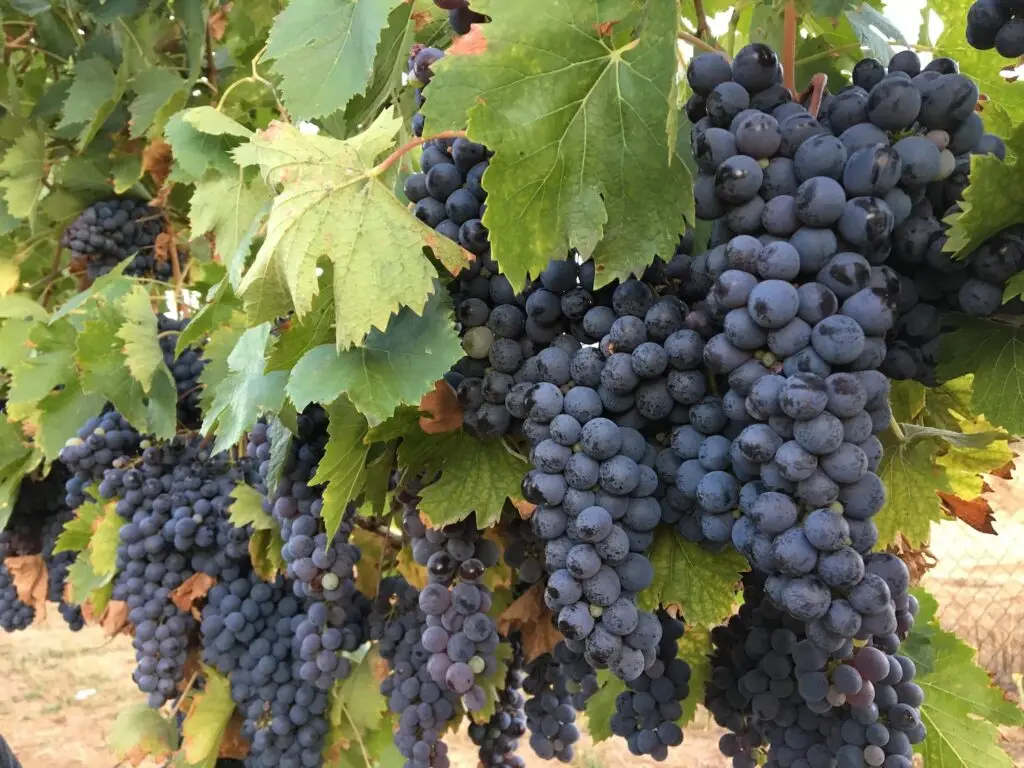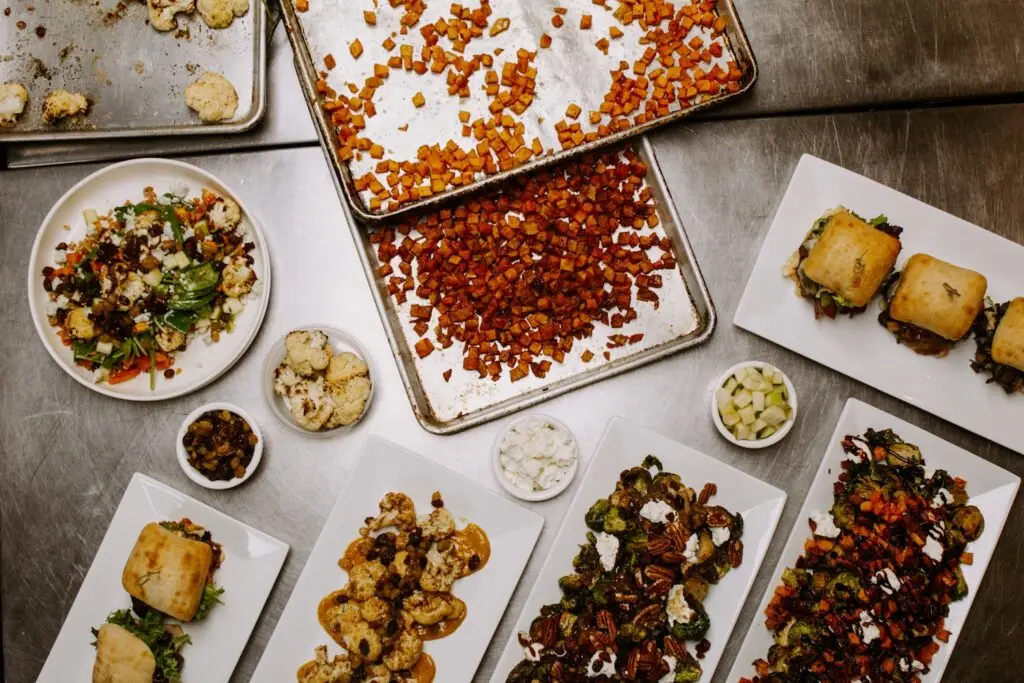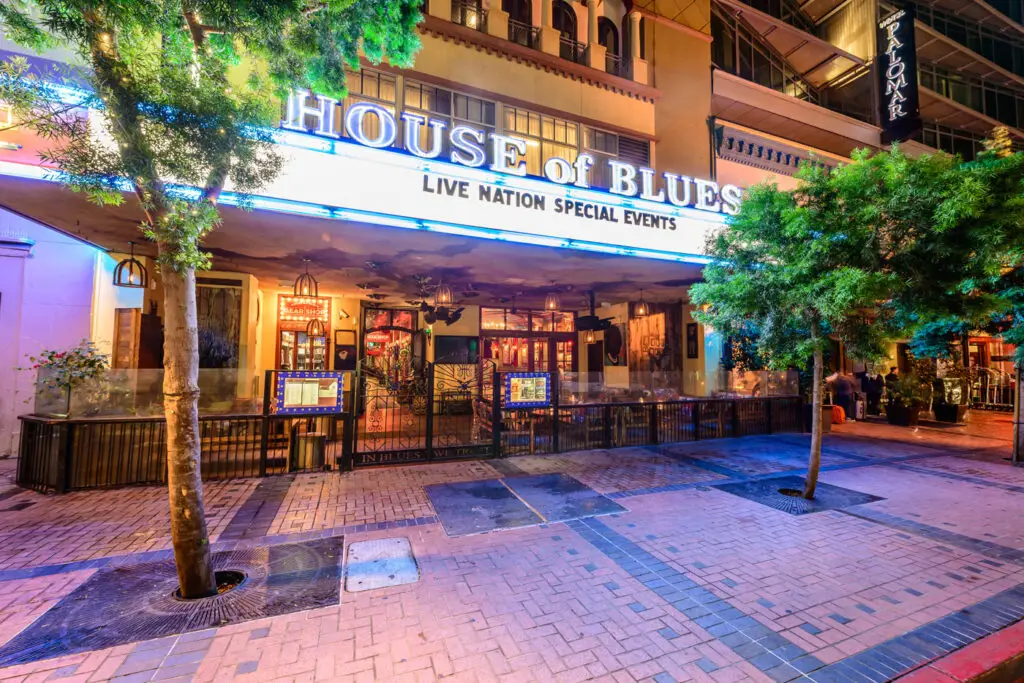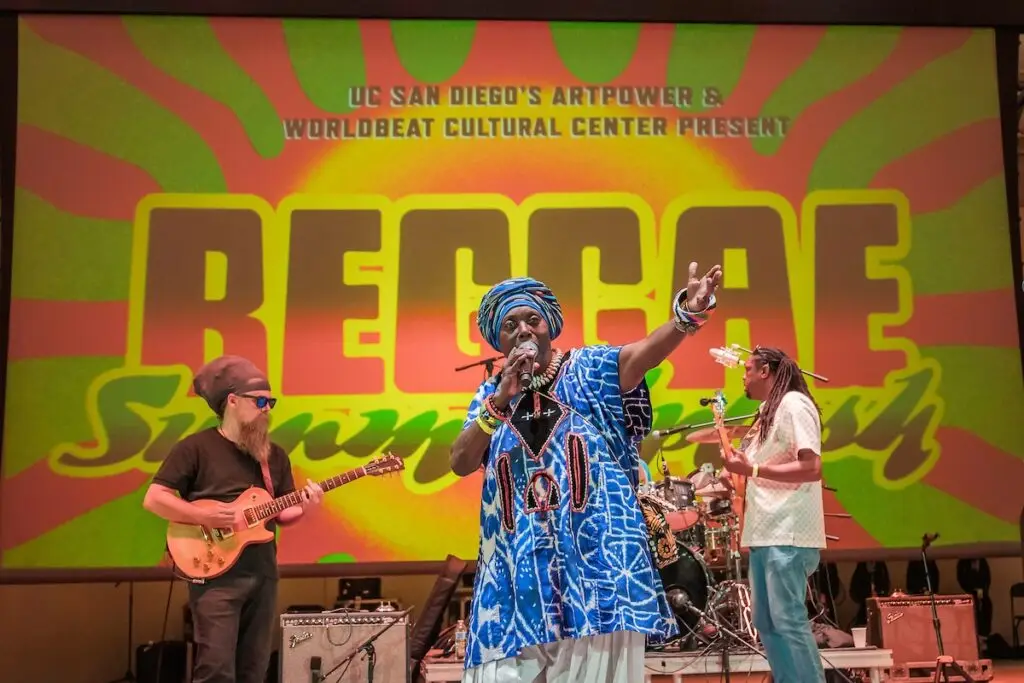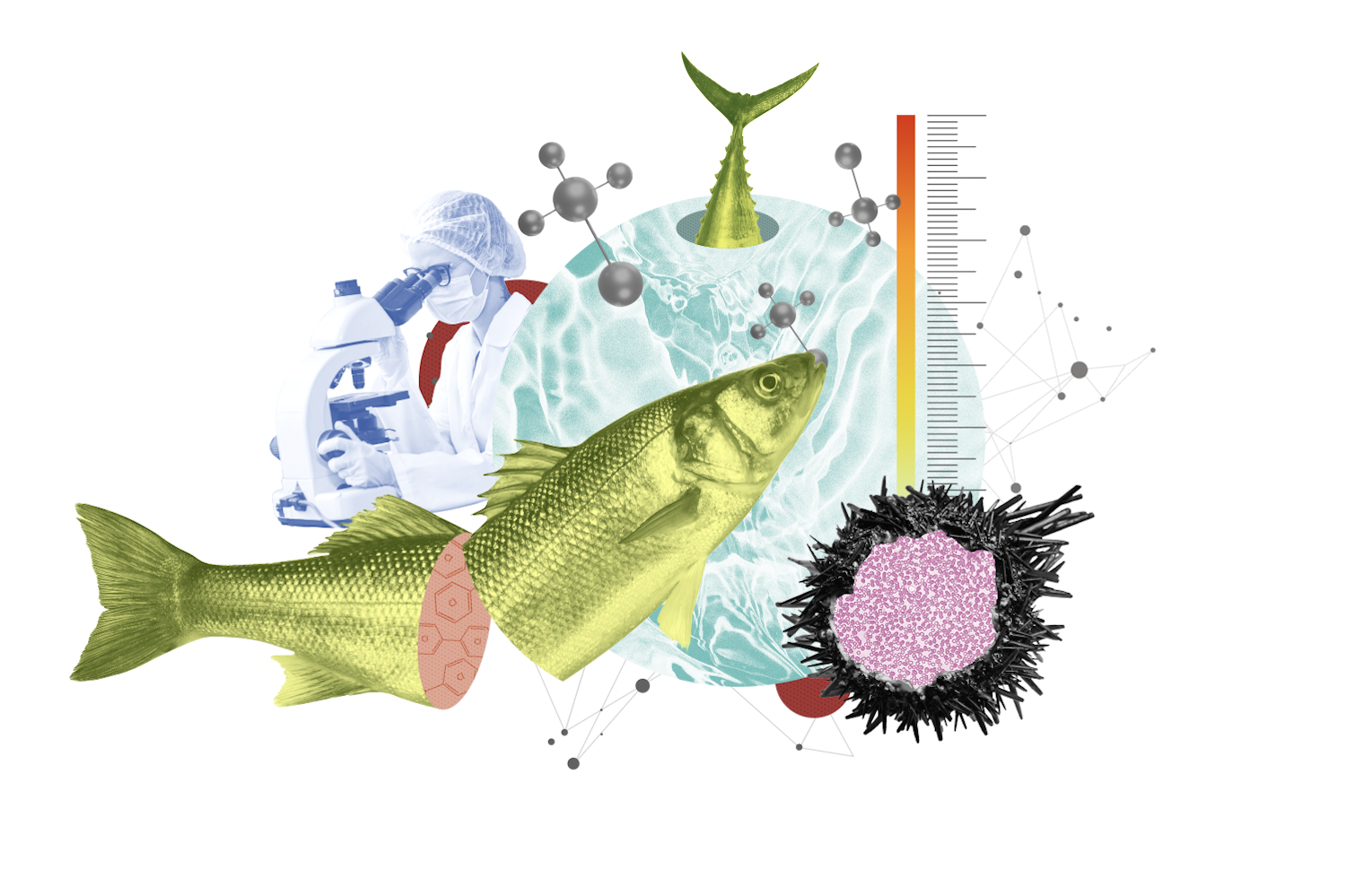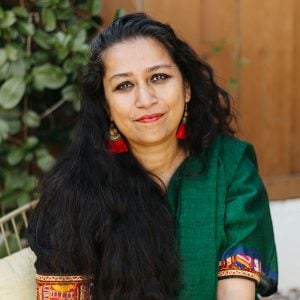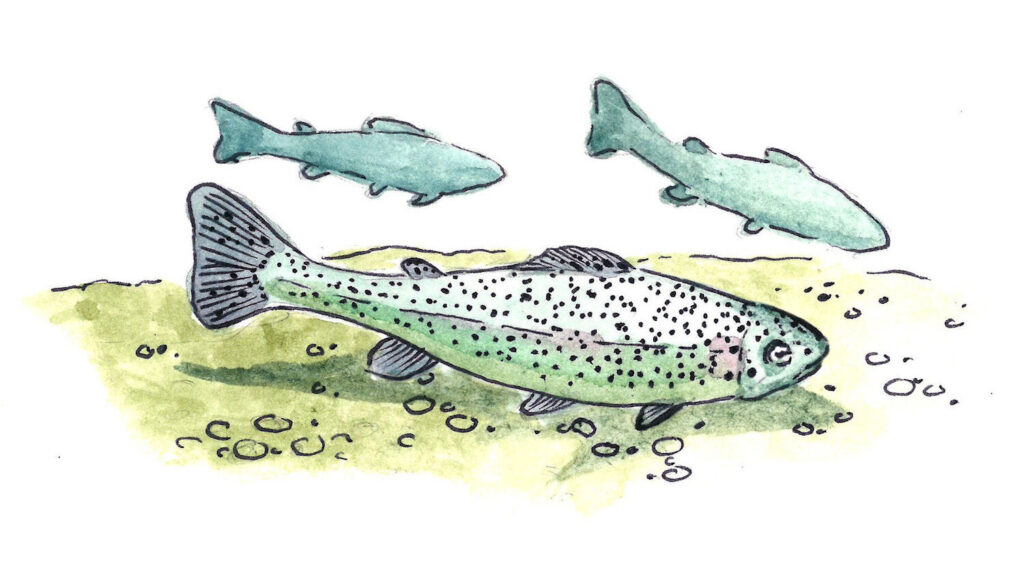The world’s oceans are in trouble—this we know. What we’re less sure about are the best ways to protect our waters and the delicious fish that call them home.
But San Diego is on the case.
This April, UC San Diego was awarded a $7.35 million multidisciplinary grant from the National Science Foundation (NSF) and the National Institutes of Health (NIH) to support research that helps us better understand marine contaminants in the era of climate change. With the goal of ensuring safe, healthy, and equitably accessible seafood for all, UCSD’s Scripps Institution of Oceanography reestablished the Scripps Center for Oceans and Human Health (SCOHH), partnering with various schools and science centers to bring the project to life.
The five-year grant funds the studies of eight principal investigators, along with scientists, postdoctoral researchers, and staff. It’s critical work on a planet where ocean temperatures have soared two degrees over the course of the last century—and where fish, though rich in nutrients like selenium and omega-3 fatty acids, increasingly carry harmful pollutants.
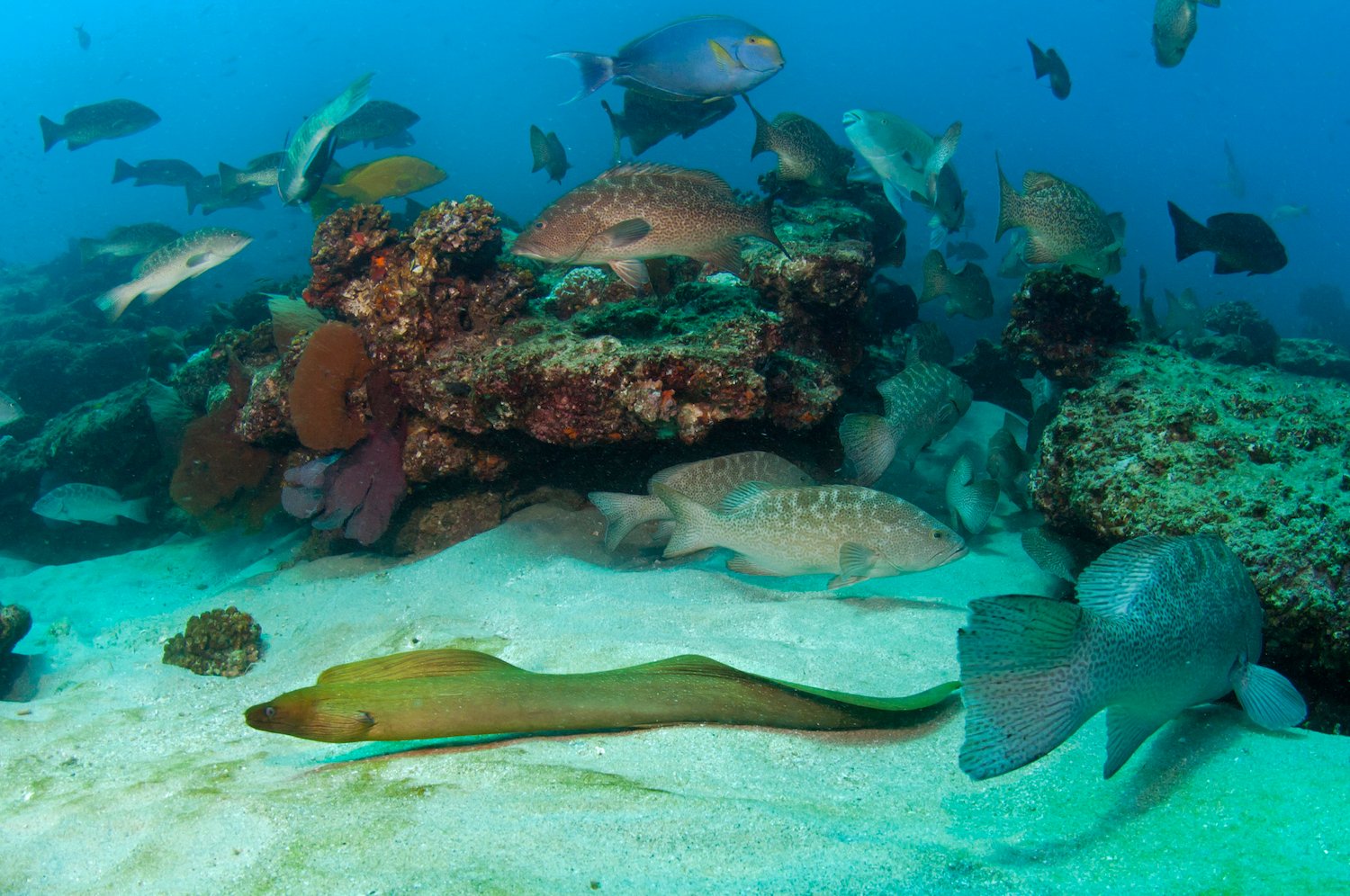
In 2019, marine biogeochemist Dr. Amina Schartup determined that mercury concentrations might increase when fish (including Atlantic bluefin tuna, swordfish, and cod) change their diets, a possible consequence of rising sea temps. As part of the grant, Schartup’s team will examine how climate change affects the marine food web and, subsequently, seafood health.
Oceanographer Dr. Anela Choy will work with Schartup to chart models to simulate the cycling of methylmercury and polychlorinated biphenyls (PCBs, industrial chemicals banned in the US in 1979) and explore potential human exposure under different climate change scenarios.
“We need to understand the food pathways [of potentially harmful metals in the animals] … that end up on our dinner plates,” Choy says.
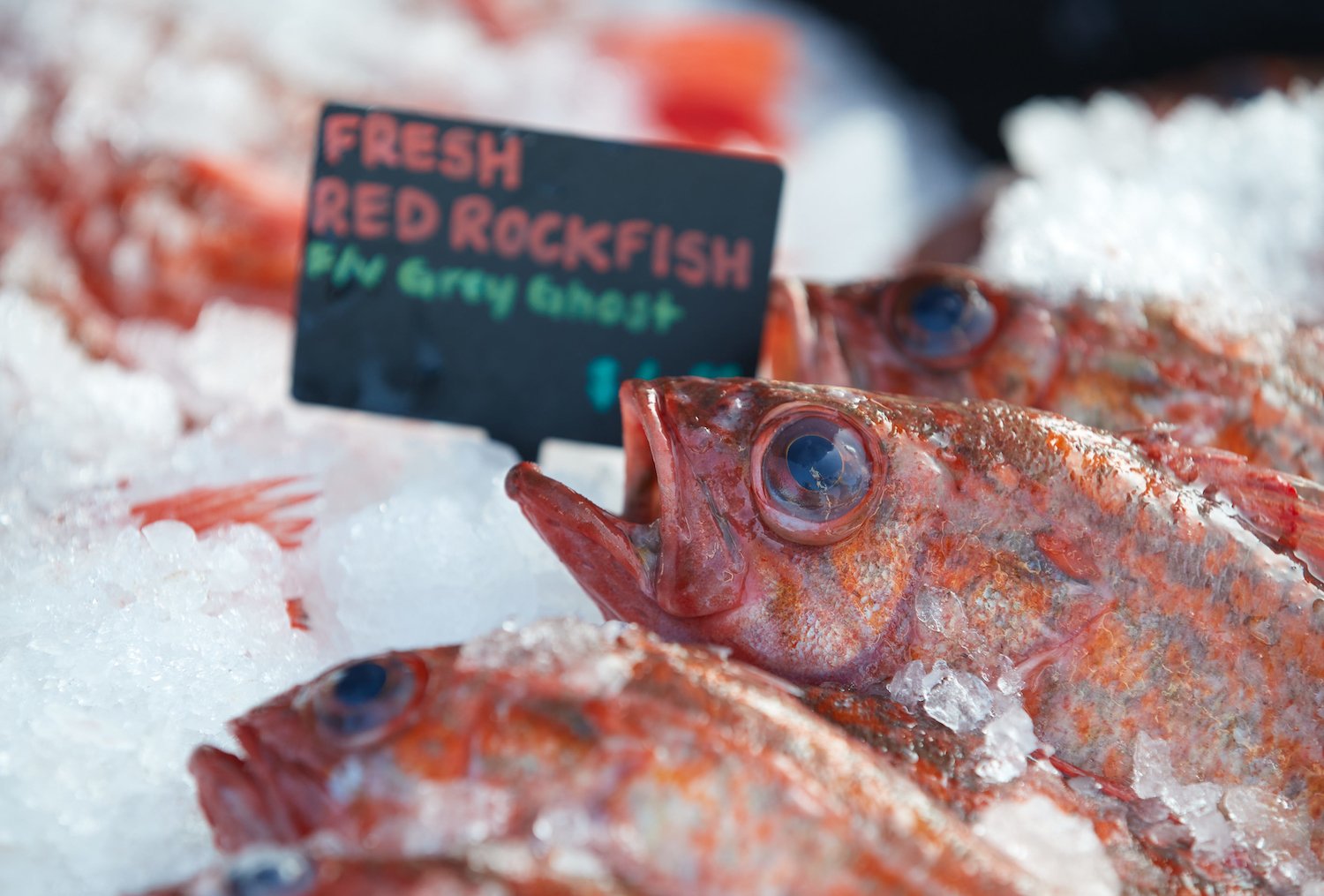
Another of SCOHH’s research programs, co-led by Scripps marine biologist Dr. Amro Hamdoun and Dr. Geoffrey Chang, professor at the Skaggs School of Pharmacy and Pharmaceutical Sciences at UCSD, will examine the process by which chemicals enter animals’ cells. Using sea urchins as models because their genome is similar to that of humans, Hamdoun will study how pollutants accumulate in sea creatures at the molecular level and, in turn, are absorbed by the people who consume them. Eventually, the team hopes to understand how organisms (including humans) survive or adapt to contaminants and how we might protect ourselves from seafood pollutants.
The aim of all this work is to help San Diegans make informed choices about the food they eat. “Through work with a community advisory team, we will be reaching out to different groups, including the fishing and aquaculture community, agencies that manage and set guidelines related to healthy ecosystems and seafood, the food system (including chefs, nutritionists, and consumer groups), and other scientists,” says Dr. Theresa Talley of California Sea Grant, Scripps Institute of Oceanography.
“We will collaboratively build an understanding of each group’s information needs surrounding environmental health literacy [so we can help] fill those needs.”
PARTNER CONTENT
Among those stakeholders are local immigrant groups like the United Women of East Africa. “Certain fishes like mackerel [are] part of immigrant culture,” says National Oceanic and Atmospheric Administration Fisheries ecologist and Scripps professor Dr. Sarah Mesnick, who is leading the community engagement program alongside Talley. “We need to educate and learn from each other on which fish may be a healthier option. Or that you could use the entire fish, from head to tail, which immigrant communities have been doing for generations, thereby reducing waste and increasing sustainable consumption.”
Feedback from community members will help NSF, NIH, and governments understand how to replicate SCOHH’s programs elsewhere in the state and, someday, the country—so everyone can have cleaner seas and safer seafood.
